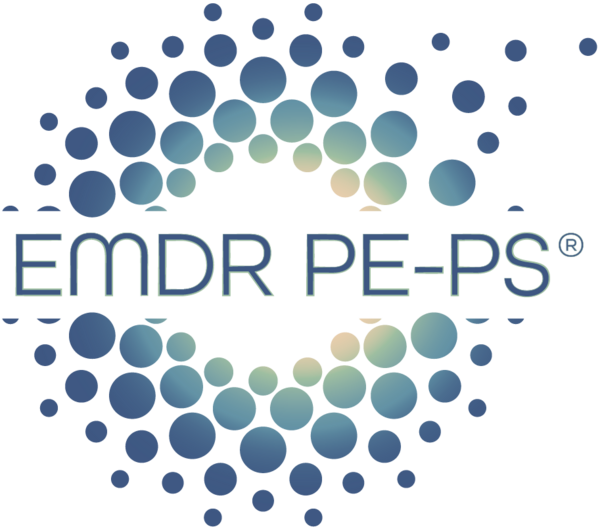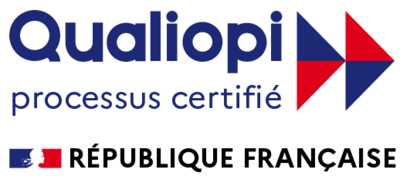EMDR and Sports Trauma in Saint-Jean-de-Maurienne, Alpes Haute-Savoie
Sports trauma: when the body takes it, but the mind can't keep up
The practice of sport is often associated with performance, resilience, physical and mental health. However, it can also become the scene of invisible, sometimes lasting traumas , which affect both the body and the psyche.
At EMDR PE-PS , we support athletes , high-level sportspeople , young people in training , but also passionate amateurs, faced with physical injuries or psychological trauma linked to sport .
Psychological trauma and sporting activity: a little-known reality
The world of sport often values endurance, strength, and perseverance. But what happens when the body gives up? When the mind loses control? When an experience breaks the trust between oneself, one's body, one's abilities, one's team, or one's environment?
Psychological trauma related to sport can be:
These experiences can leave deep scars. We then speak of post-sport trauma , anxiety or depressive disorders , or even post-traumatic stress disorder (PTSD) . The symptom is silent, but real: loss of motivation , performance anxiety , sleep disorders , bodily blockages , depressive symptoms , eating disorders , chronic pain ... and sometimes total isolation from sports practice.
Post-traumatic stress in athletes
Post-traumatic stress disorder (PTSD) is not immune to the world of sport. Serious injury, emotional shock, violence suffered, competitive accidents... can lead to a form of hypervigilance , re-experiencing , withdrawal , or even total disengagement. It affects both amateur and professional athletes, and can remain invisible to those around them.
Some episodes of anxiety, motor blockage, or somatization are actually a sign of unresolved trauma.

EMDR and sports trauma: a suitable and powerful method
EMDR ( Eye Movement Desensitization and Reprocessing ) is a recognized therapy, validated by the WHO and the French National Authority for Health, for the treatment of psychological trauma and post-traumatic stress . It is particularly suitable for athletes , because it does not require a detailed account of the traumatic event, and respects the patient's identity: determined, active, but often modest about what they are going through.
At EMDR PE-PS , we use an initial regulation protocol , which helps re-anchor bodily security , soothe anxiety and prepare for the desensitization of traumatic memories. Then, bilateral stimulation (eye movements, sounds, tapping) restarts the natural process of information processing. The memory loses its emotional charge, the blockages are lifted, and the athlete regains his inner freedom .
When to use EMDR in a sports program?
EMDR can be offered as a complement or in support of comprehensive care (physiotherapist, sports doctor, mental preparation, etc.), in the following cases:
Sports injury with associated emotional shock (pain, fear, helplessness)
Career break or difficult retraining
Sudden drop in level or loss of self-confidence
Body image or eating disorders
Harassment, abuse, sexual violence in a sporting setting
Sleep disturbances, nightmares, flashbacks related to sport
Competitive stress, performance anxiety, unconscious sabotage
Unexplained blockages at the time of action (paralysis, pain, panic)
A therapy that respects the body's rhythm
The EMDR approach we propose is ecological , non-exposing , and deeply respectful of the patient's rhythm . It takes into account the specificities of the sporting world: the urgency to return to the game, the challenge of performance, but also the identity impact of the injured or betrayed body.
We draw inspiration from integrated models from sports psychology , CBT , the neurobiology of trauma , and approaches such as those put forward by Meriem Salmi , Carl Blasco , or Romain Grosjean in their testimonies.
A therapeutic alliance focused on reconstruction
Our goal: to give athletes the opportunity to love their body, their movement, their sport again , without fear or avoidance.
Each support session begins with an individualized assessment, an evaluation of resources, and the implementation of a tailor-made therapeutic plan , in a confidential and secure setting.
Where and how to consult?
We offer sessions:
- In office (Savoie – Haute-Savoie)
- At home (for athletes recovering from an injury or young people in a structure)
- By teleconsultation , in France and internationally (Canada, Switzerland, Spain, Iceland, etc.)
Contact us for more information or to discuss your situation.
Because mental health is also an issue in sport
At EMDR PE-PS , we believe that athletic resilience also involves psychological healing . Sport can be a source of trauma, but it can once again become a lever for growth – provided it is properly supported.
️♂️ Free your mind. ♀️ Find your body.
Come back to the game.


